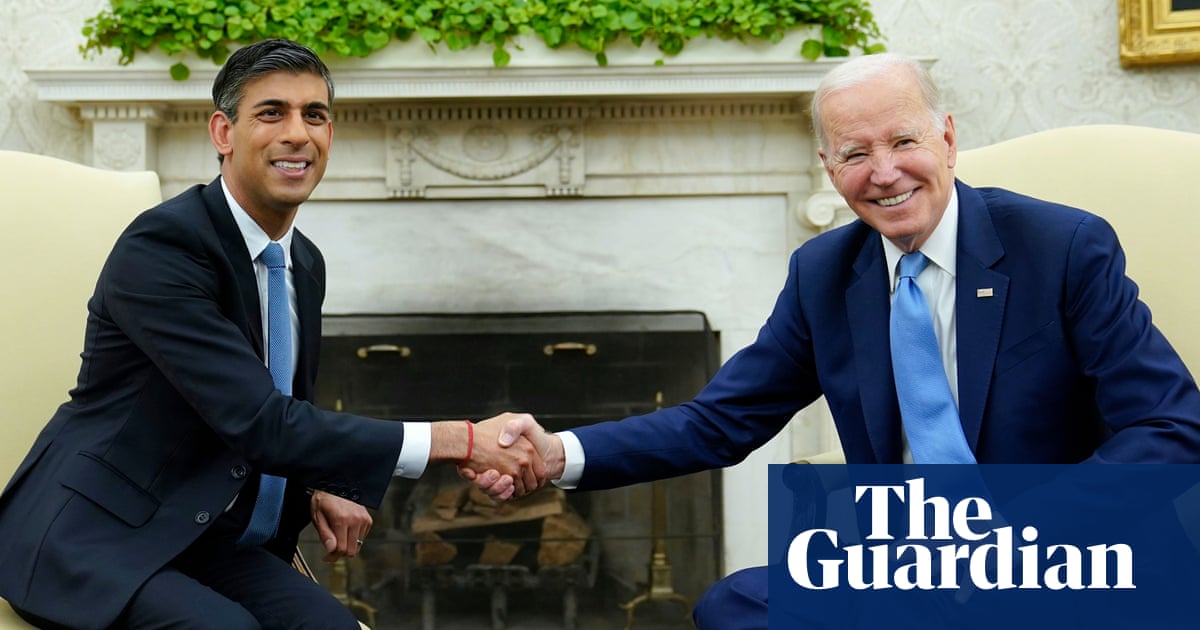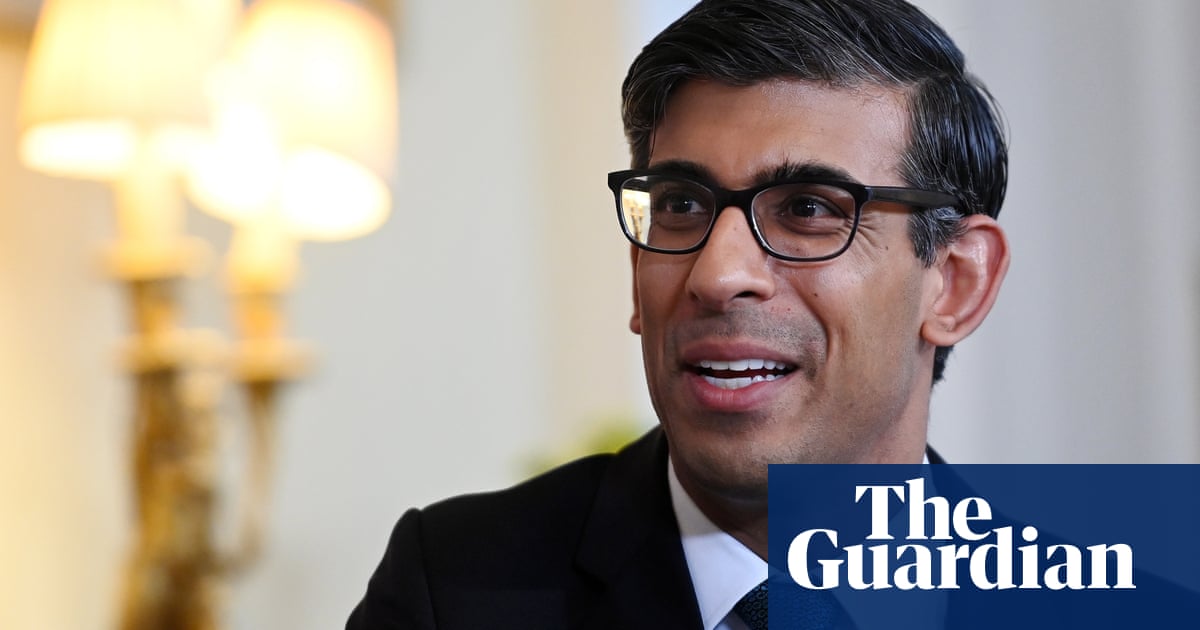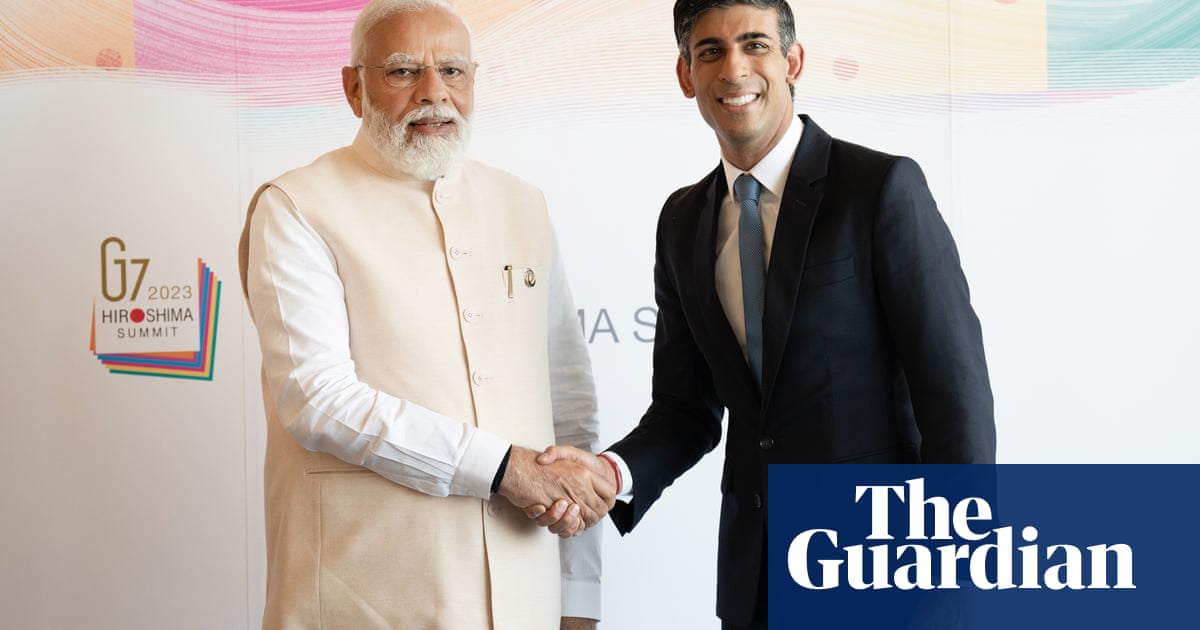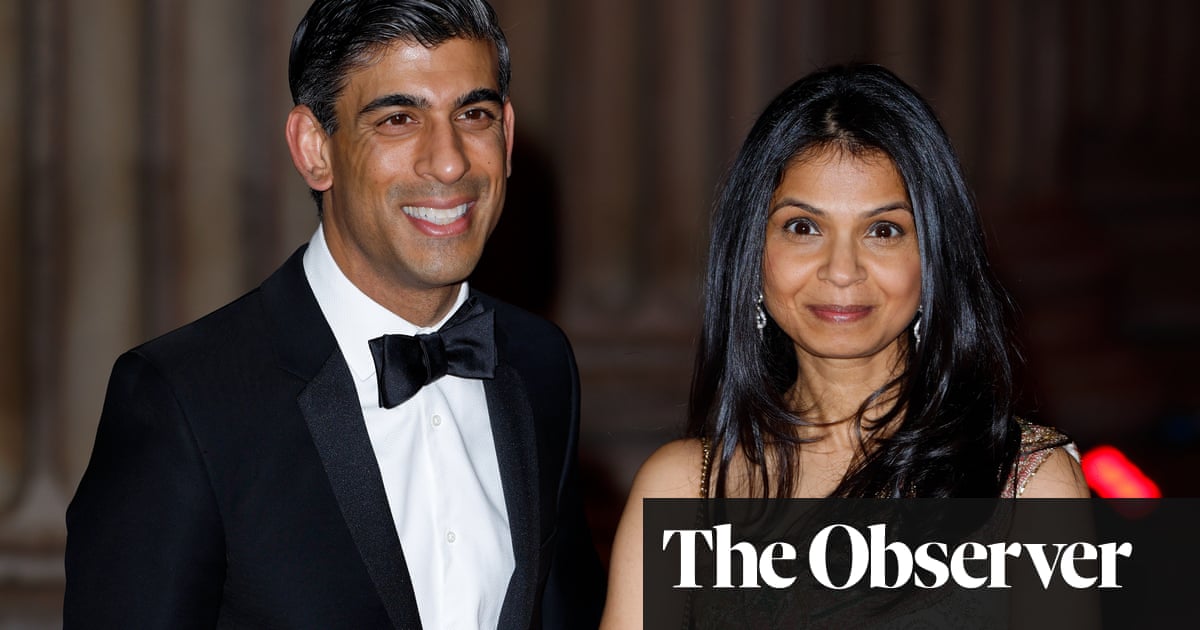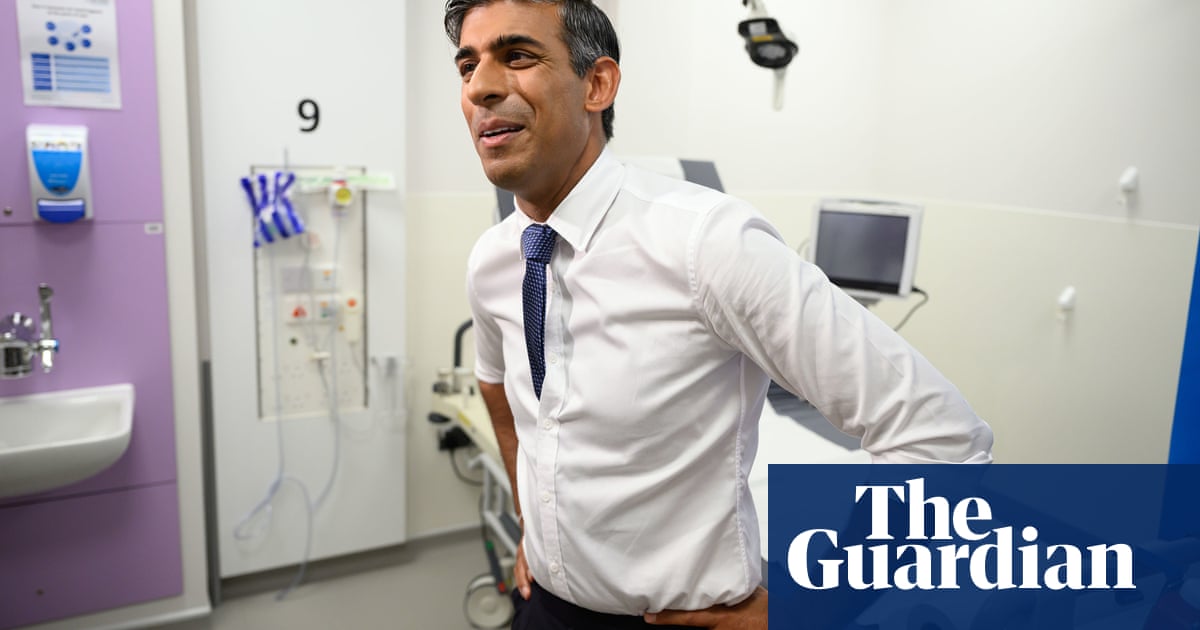
Rishi Sunak has played down the prospect of any US trade deal in the near future, just days after suggesting he was in no rush to complete a deal with India before he had re-examined the package.
The prime minister also denied Brexit was playing a role in the UK’s economic downturn, which he said should be seen in a global context.
Sunak told a press conference at the G20 in Bali that he did not discuss any bilateral trade deal at his first meeting with the US president, Joe Biden. The UK government had previously promised a post-Brexit trade deal with the US by 2022.
Sunak said he was “filled with optimism” about the relationship but suggested it might take years for any formal deal. He said he had confidence in “our ability to do more trade with the US, to deepen our economic relationship. That can happen in lots of different ways and you’ll see that over the coming months and years I’m sure”.
The prime minister has previously emphasised a new, more deliberative strategy on trade deals rather than attempts to meet arbitrary deadlines. “On trade we had actually a very good conversation with President Biden on a range of things. We didn’t discuss a trade deal in particular, but we did discuss our economic partnership,” he said.
“Both of us acknowledged the fact that, actually, the United States is our single largest trading partner and there’s a range of economic cooperation that is happening and can continue to happen in the future.
“We talked about energy, for example, and how we can work together to improve energy security at a time when we’re all wanting to have more of that at home.”
Sunak said he did not accept that Brexit was to blame for the slowdown in the UK economy or soaring inflation, despite the new barriers to trade.
“Whatever you’re thinking about what the UK economic situation is … two-thirds of the global economy of G20 members are seeing inflation rates above 7%,” he said.
“The IMF thinks a third of the global economy either is or will be in recession. That is the global context. That’s what’s dominated the conversations I’ve been having here and we know why that is, it’s the legacy of Covid and it’s, of course, what Putin is doing is driving up energy prices and indeed food prices.”
He said every country would have “idiosyncratic things, but those are the overwhelming dominating factors that are leading to the economic challenge that we’re facing at the moment”.
Sunak will meet India’s prime minister, Narendra Modi, later before returning late on Wednesday to the UK for the autumn statement. Speaking to reporters en route to the summit, Sunak suggested a marked change of approach from Boris Johnson and Liz Truss, who prioritised speed and hard deadlines, having pledged a “deal for Diwali” that did not materialise.
The shift comes after a pointed intervention by the former environment secretary George Eustice, who criticised the trade deal with Australia signed by Truss, saying it was “not actually a very good deal for the UK” and criticised her for having set “arbitrary targets” for the conclusion of an agreement.
Sunak is understood to want to improve terms for the UK services sector in the India deal, however there are tensions within the UK government over the extent to which the UK should offer visa liberalisation.
The home secretary, Suella Braverman, is said to have irritated Delhi with an interview in the Spectator, in which she said she had “reservations” about Britain’s trade deal with India because it could increase immigration to the UK.
Sunak said earlier that he “wouldn’t sacrifice quality for speed” when it came for trade. “It’s important that we get them right rather than rush them, and so that’s the approach I’ll take on trade deals. Trade is an important part of it but it’s not the only part, and we’ll be making progress in all of them.”





